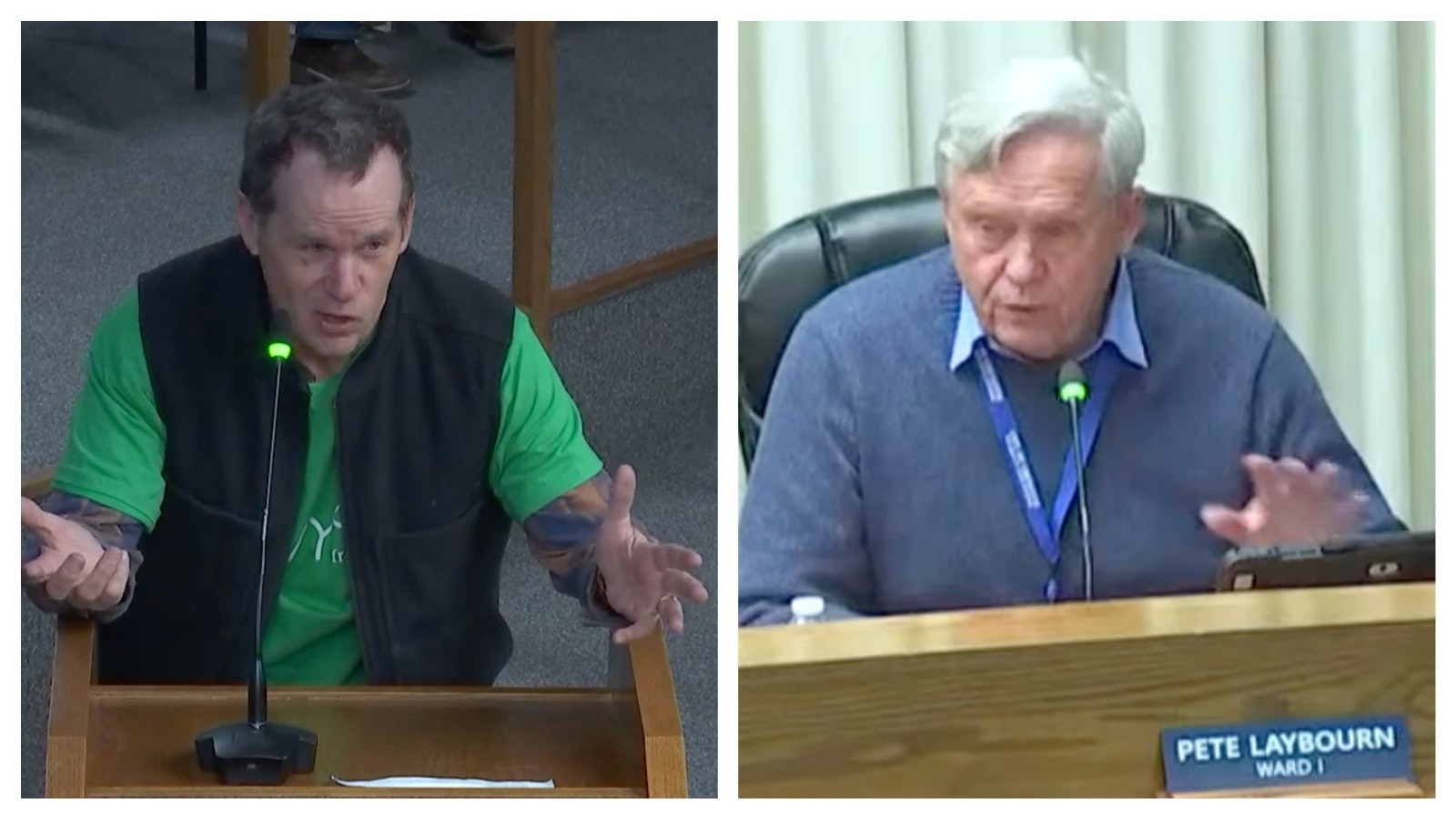An animal-rights group is asking the federal government to investigate the University of Wyoming’s research department in response to research misconduct by a former employee.
Stop Animal Exploitation Now (SAEN), which opposes all scientific experimentation involving animals, sent a complaint Monday to the Office of Research Integrity under the U.S. Department of Health and Human Services asking the agency to investigate the university.
SAEN is asking for a federal response within five days of the complaint and for the federal office to investigate all UW authors associated with the papers written during the misconduct.
The University of Wyoming countered, telling Cowboy State Daily in a Monday email that it complies with federal oversight and best-practice standards, and that the professor who committed the research misconduct is no longer with the college.
Internal
UW last summer investigated its own researcher, Dr. Jun Ren, who left the college around 2020.
The university found data irregularities in Ren’s papers and concluded Ren had engaged in research misconduct, according to statements by UW spokesman Chad Baldwin.
By July 2022, top UW officials had asked publishers to retract at least 33 of Ren’s papers.
Ren could not be reached for comment.
At least one of Ren's retracted papers lists Ren with a dual affiliation with a facility in China, the Fourth Military Medical University in Xi'an, according to a Monday press release by SAEN.
Animals Involved
The animal-rights group is asking for the federal investigation because the botched research involved animals, said Michael Budkie, SAEN executive director and co-founder.
The complaint alleges that “many mice and sheep died” and their hearts were cut out.
“The fact that animals were dying for these projects in which the data was manipulated and/or falsified somehow makes their deaths even worse,” said Budkie.
Baldwin, however, said animal studies are generally one resource for scientific research publication groups.
“Humane euthanasia per the American Veterinary Medical Association guidelines … is generally described as part of the materials and methods in a scientific publication,” said Baldwin.
Grant Money
Budkie theorized that Ren manipulated data to prolong the studies and keep federal grant money flowing.
“That’s what we find very often,” said Budkie. “The real goal of most animal experimentation has much less to do with information than it does with the funding.”
Budkie said projects using animals bring less scrutiny than clinical studies. He said the public’s money should be spent on other research methods, such as 3D bio printing organoids that function like human organs.
The university said it does submit to scrutiny in research projects involving animals.
“The university's federally mandated Institutional Animal Care and Use Committee provides supervision, coordination and review of every project proposed to include the use of animals per federal regulations,” said Baldwin.
He said the committee includes scientists, non-scientists, veterinarians and members of the public who approve or alter a project’s use of vertebrate animals.
“Project proposals are scrutinized carefully by the review committee and by a veterinary staff member specialized in laboratory animal medicine to ensure that humane use guidelines are followed and that animals receive professional veterinary medical care,” said Baldwin.





